The recommendations include imposition of an additional excise duty of Rs80,000 per diesel car to recover higher subsidy provided to the fuel.
Consumers will almost certainly have to pay more for fuel from next week as all pieces fell into place on Tuesday for raising prices of cooking gas and liquid petro-fuels.
The committee on petrol pricing, headed by former Planning Commission member Kirit Parikh, made out a strong case for removing subsidies on petrol and diesel and reducing them for cooking gas and kerosene.
The recommendations include imposition of an additional excise duty of Rs80,000 per diesel car to recover higher subsidy provided to the fuel.
According to top sources in the oil ministry, it is likely to endorse the committee’s views. If implemented in full, it will result in an immediate jump of around Rs5 per litre of petrol, Rs3.50 per litre of diesel and Rs100 per LPG cylinder. However, very few believe the government will implement all recommendations at one go, as there will be a political price to pay for it.
Even in the case of petrol — the least politically-sensitive petro-fuel — freeing pricing means the commodity will have to be sold at Rs85 per litre if crude prices rise to $140-150 a barrel. That was the level in 2008.
The ministry is likely to put up the report, along with its recommendations, before the cabinet this week. “We will try our best [to get it implemented],” a senior functionary said.
“This is the best time to put price decontrol into practice,” he added, pointing to the presence of three auspicious signs — a lull in crude oil prices, the recommendations of an expert committee and the absence of big elections around the corner.
The ministry, headed by Murli Deora, has been campaigning actively during the last several days and has already made hour-long presentations to prime minister Manmohan Singh and finance minister Pranab Mukherjee.
“The prime minister seemed to appreciate our points made during the presentation and remarked that things cannot go on like this,” a senior official of a government-owned oil company said.
“Whether that means he will completely remove petrol and diesel subsidies, I don’t know,” he added, reflecting the uncertainty over political decision-making. The final call, according to government sources, will be taken by the prime minister in consultations with
UPA chairperson Sonia Gandhi.
Parikh’s is the third committee that has submitted such a report in the last five years, but may be luckier as relatively low crude prices make the suggestions easier to implement. Parikh, after presenting the report to Deora, dismissed fears of free pricing igniting the already high rate of price rise.
“You don’t want to raise fuel prices for fear of causing inflation and you provide subsidies through deficit financing. But printing more notes (through deficit financing) is as much a cause of inflation as raising prices directly,” he pointed out.
The latter method, he pointed out, is more unfair to the poor as most of the subsidies on motor fuels are appropriated by the well off. “Increasing the price directly will also lead to lower
consumption and higher efficiency,” he urged.
The committee was formed after the government had to pick up a tab of around Rs 1,03,000 crore - around a tenth of the Union budget - last year after state-owned oil companies were forced to keep prices lower than their international procurement prices.
Indian oil retailers import around 70% of their crude oil from outside and are expected to post another Rs 45,000 crore of under-recoveries this year due to artificially low prices.
Parikh said if his recommendations were implemented, including raising kerosene prices by Rs 6 per litre, the total under-recoveries can be brought down to just Rs 15,000 crore.
The steps will also help in reducing adulteration of diesel by kerosene and promote the use of railways, which use only a fourth of the diesel used by trucks to transport the same quantity of goods.
![submenu-img]() Verantes Living Awarded as India’s No.1 Stainless Steel Modular Kitchen Brand
Verantes Living Awarded as India’s No.1 Stainless Steel Modular Kitchen Brand![submenu-img]() Narayana Murthy’s Infosys set to invest Rs 170000000 in this startup
Narayana Murthy’s Infosys set to invest Rs 170000000 in this startup![submenu-img]() 'Towards reducing pollution..': Delhi govt approves replacement, induction of electric vehicles in 'Gramin Sewa'
'Towards reducing pollution..': Delhi govt approves replacement, induction of electric vehicles in 'Gramin Sewa'![submenu-img]() Discover Stainless France, the Leading Supplier of Cobalt Chrome
Discover Stainless France, the Leading Supplier of Cobalt Chrome![submenu-img]() Kritika Kamra says men should take responsibility for fighting sexism: 'There's a thin line between...'
Kritika Kamra says men should take responsibility for fighting sexism: 'There's a thin line between...'![submenu-img]() Haryana Election 2024: कांग्रेस से कौन होगा सीएम फेस? जानें क्या है पार्टी की रणनीति
Haryana Election 2024: कांग्रेस से कौन होगा सीएम फेस? जानें क्या है पार्टी की रणनीति![submenu-img]() Ashwin Month 2024 Vrat Festival: आश्विन माह में पितृपक्ष से लेकर नवरात्रि तक पड़ेंगे ये मुख्य व्रत और त्योहार, देखें पूरी लिस्ट
Ashwin Month 2024 Vrat Festival: आश्विन माह में पितृपक्ष से लेकर नवरात्रि तक पड़ेंगे ये मुख्य व्रत और त्योहार, देखें पूरी लिस्ट![submenu-img]() Tirumala tirupati laddu : 'अगर भगवान के नाम का दुरुपयोग हुआ तो विनाश..., गंभीर होता जा रहा प्रसाद विवाद
Tirumala tirupati laddu : 'अगर भगवान के नाम का दुरुपयोग हुआ तो विनाश..., गंभीर होता जा रहा प्रसाद विवाद![submenu-img]() Israel Hezbollah War: हिजबुल्लाह चीफ दे रहा था टीवी पर धमकी, तभी इजरायली विमानों ने कर दी लेबनान में एयर स्ट्राइक
Israel Hezbollah War: हिजबुल्लाह चीफ दे रहा था टीवी पर धमकी, तभी इजरायली विमानों ने कर दी लेबनान में एयर स्ट्राइक![submenu-img]() Salman Khan की सिक्योरिटी में हुई चूक, कार का पीछा करने वाले बाइक सवार के खिलाफ केस दर्ज
Salman Khan की सिक्योरिटी में हुई चूक, कार का पीछा करने वाले बाइक सवार के खिलाफ केस दर्ज![submenu-img]() Ford to return to India after 2 years with reopening of....
Ford to return to India after 2 years with reopening of....![submenu-img]() Maruti Suzuki launches new Swift CNG, check price, mileage, other features
Maruti Suzuki launches new Swift CNG, check price, mileage, other features![submenu-img]() ‘30 LPA, 3BHK, no in-laws’: Woman earning Rs 1.32 lakh salary lists demands for future husband, netizens say...
‘30 LPA, 3BHK, no in-laws’: Woman earning Rs 1.32 lakh salary lists demands for future husband, netizens say...![submenu-img]() In a big EV push, Centre launches Rs 10900 crore PM E-Drive scheme to replace…
In a big EV push, Centre launches Rs 10900 crore PM E-Drive scheme to replace…![submenu-img]() World’s longest car has helipad, swimming pool, mini-golf course, can seat over…; it cost…
World’s longest car has helipad, swimming pool, mini-golf course, can seat over…; it cost…![submenu-img]() Meet IPS officer who has resigned after serving for 18 yrs due to...
Meet IPS officer who has resigned after serving for 18 yrs due to...![submenu-img]() Meet Indian man, who got hired whopping Rs 12000000 crore salary job, not from IIT, IIM he is...
Meet Indian man, who got hired whopping Rs 12000000 crore salary job, not from IIT, IIM he is...![submenu-img]() Meet woman who left medical career for UPSC exam , became IPS with AIR 165 then left job due to...
Meet woman who left medical career for UPSC exam , became IPS with AIR 165 then left job due to...![submenu-img]() Meet man, who left NDA due to depression, then cracked UPSC exam to become IAS officer, his AIR was...
Meet man, who left NDA due to depression, then cracked UPSC exam to become IAS officer, his AIR was...![submenu-img]() Meet youngest CEO of India, who created first app at 9, began his own company at 13, now he is…
Meet youngest CEO of India, who created first app at 9, began his own company at 13, now he is…![submenu-img]() Congress President Kharge Slams & Opposes 'One Nation, One Election' Proposal, Calls It Impractical
Congress President Kharge Slams & Opposes 'One Nation, One Election' Proposal, Calls It Impractical![submenu-img]() Why 'One Nation One Election' Is important? Ashwini Vaishnaw Explains After It Gets Cabinet Approval
Why 'One Nation One Election' Is important? Ashwini Vaishnaw Explains After It Gets Cabinet Approval![submenu-img]() Jammu Kashmir Assembly Election 2024 Phase 1 Highlights: What Happened In First phase In J&K Polls?
Jammu Kashmir Assembly Election 2024 Phase 1 Highlights: What Happened In First phase In J&K Polls?![submenu-img]() One Nation One Election: Centre Clears Proposal, Bill To Be Introduced In Winter Session | Modi 3.0
One Nation One Election: Centre Clears Proposal, Bill To Be Introduced In Winter Session | Modi 3.0![submenu-img]() Haryana Elections 2024: Is BJP Set To Lose In Haryana? Anti-Incumbency And Other Factors Analysed
Haryana Elections 2024: Is BJP Set To Lose In Haryana? Anti-Incumbency And Other Factors Analysed![submenu-img]() Verantes Living Awarded as India’s No.1 Stainless Steel Modular Kitchen Brand
Verantes Living Awarded as India’s No.1 Stainless Steel Modular Kitchen Brand![submenu-img]() Narayana Murthy’s Infosys set to invest Rs 170000000 in this startup
Narayana Murthy’s Infosys set to invest Rs 170000000 in this startup![submenu-img]() Discover Stainless France, the Leading Supplier of Cobalt Chrome
Discover Stainless France, the Leading Supplier of Cobalt Chrome![submenu-img]() ITR filing: Haven’t received your income tax refund yet? Here’s what you should do
ITR filing: Haven’t received your income tax refund yet? Here’s what you should do![submenu-img]() Meet ‘delivery boy’ who beats Mukesh Ambani in world’s billionaire list, his net worth is…
Meet ‘delivery boy’ who beats Mukesh Ambani in world’s billionaire list, his net worth is…![submenu-img]() In pics: Saiyami Kher conquers Ironman triathlon in Germany, swims, cycles, runs to complete endurance races
In pics: Saiyami Kher conquers Ironman triathlon in Germany, swims, cycles, runs to complete endurance races![submenu-img]() Meet IAS officer, who cracked in UPSC exam along with full-time job, her AIR was...
Meet IAS officer, who cracked in UPSC exam along with full-time job, her AIR was...![submenu-img]() In pics | India vs Bangladesh 1st Test, Day 1
In pics | India vs Bangladesh 1st Test, Day 1![submenu-img]() From Mechuka to Hayuliang village: Explore lesser-known destinations of Arunachal Pradesh
From Mechuka to Hayuliang village: Explore lesser-known destinations of Arunachal Pradesh![submenu-img]() From Simlipal National Park to Mahendragiri: Top 6 hidden gems to discover in Odisha
From Simlipal National Park to Mahendragiri: Top 6 hidden gems to discover in Odisha![submenu-img]() 'Towards reducing pollution..': Delhi govt approves replacement, induction of electric vehicles in 'Gramin Sewa'
'Towards reducing pollution..': Delhi govt approves replacement, induction of electric vehicles in 'Gramin Sewa'![submenu-img]() More trouble for ex-RG Kar principal Sandip Ghosh, Bengal medical body now...
More trouble for ex-RG Kar principal Sandip Ghosh, Bengal medical body now...![submenu-img]() Tirupati Laddu row: Lab report confirms prasada contains beef fat, fish oil
Tirupati Laddu row: Lab report confirms prasada contains beef fat, fish oil![submenu-img]() Delhi: Water supply to be shut down in capital for 12 hours tomorrow due to…; check list of affected areas
Delhi: Water supply to be shut down in capital for 12 hours tomorrow due to…; check list of affected areas![submenu-img]() FATF says India faces severe 'terrorist financing threats' from...
FATF says India faces severe 'terrorist financing threats' from...
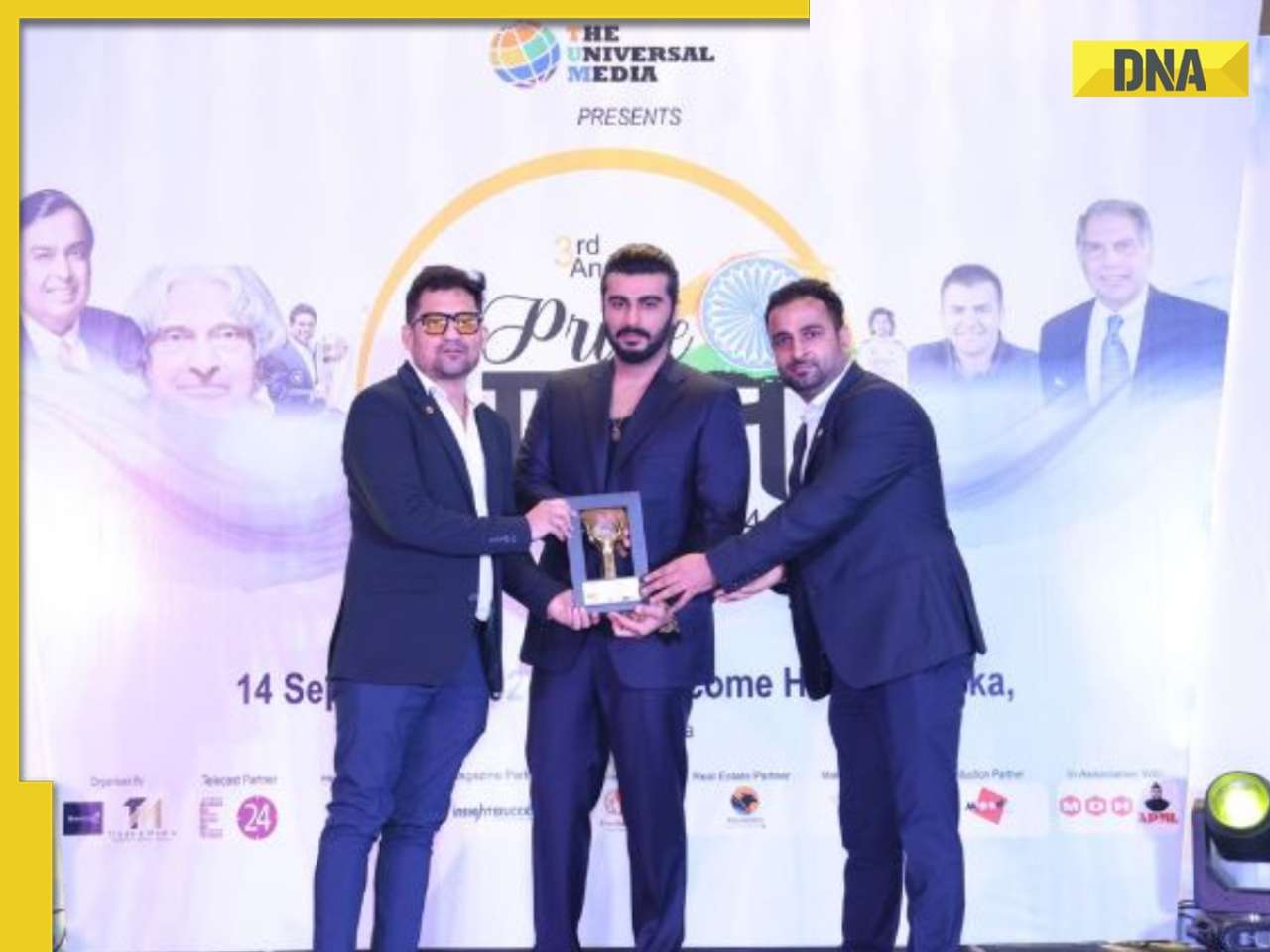
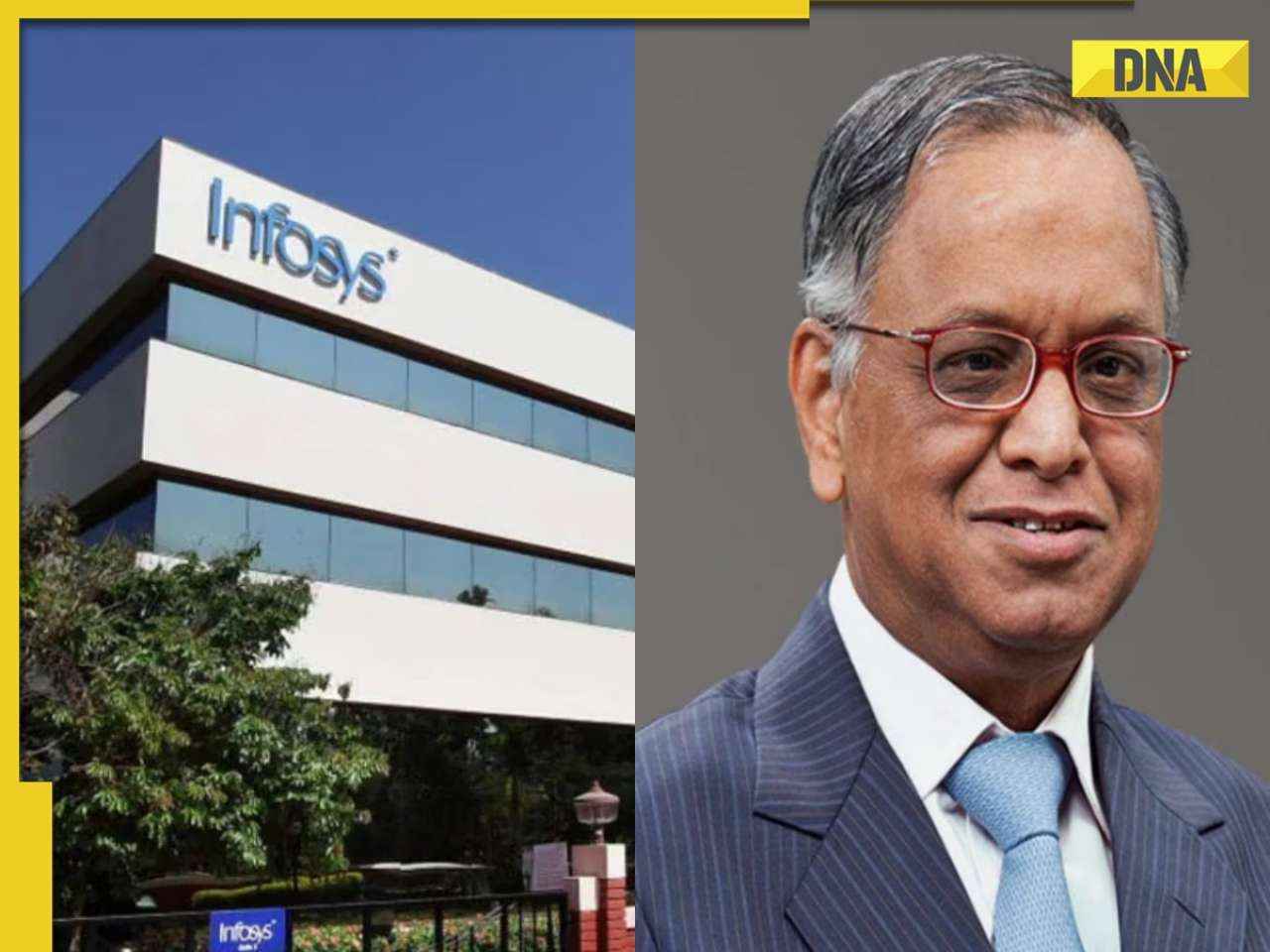
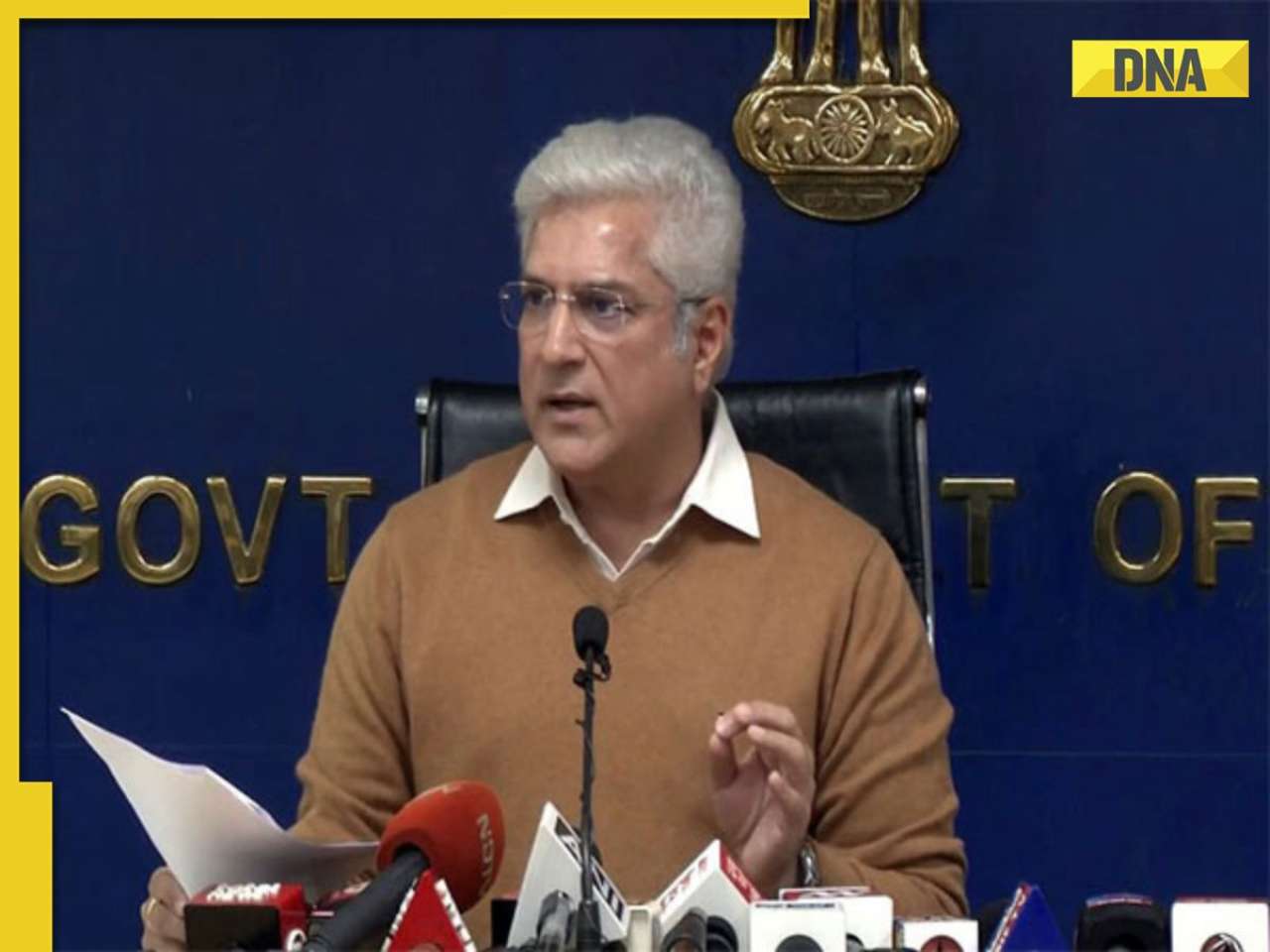
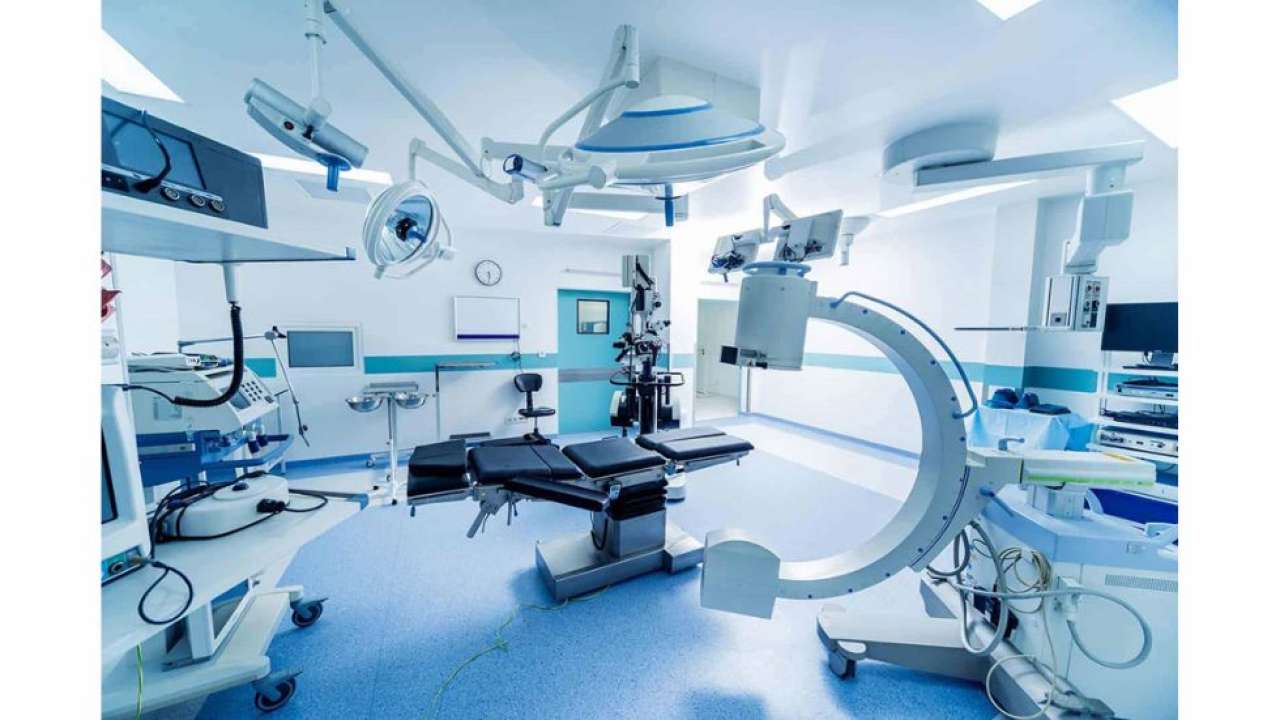










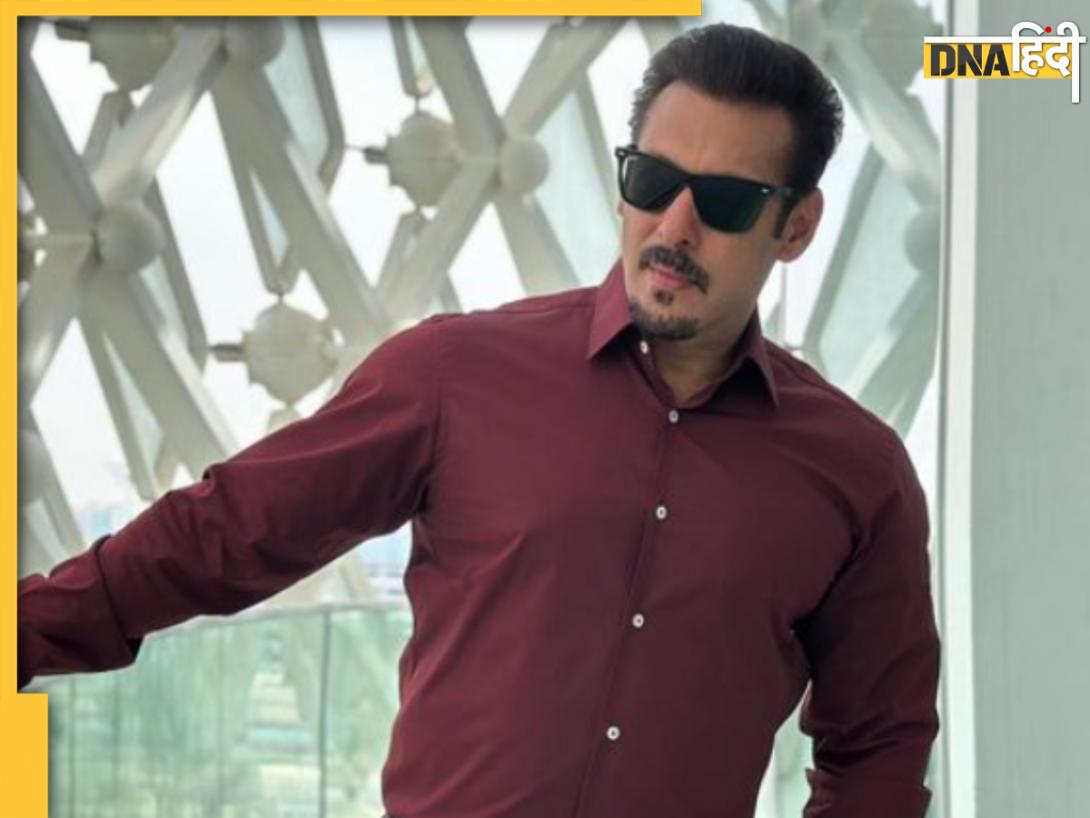

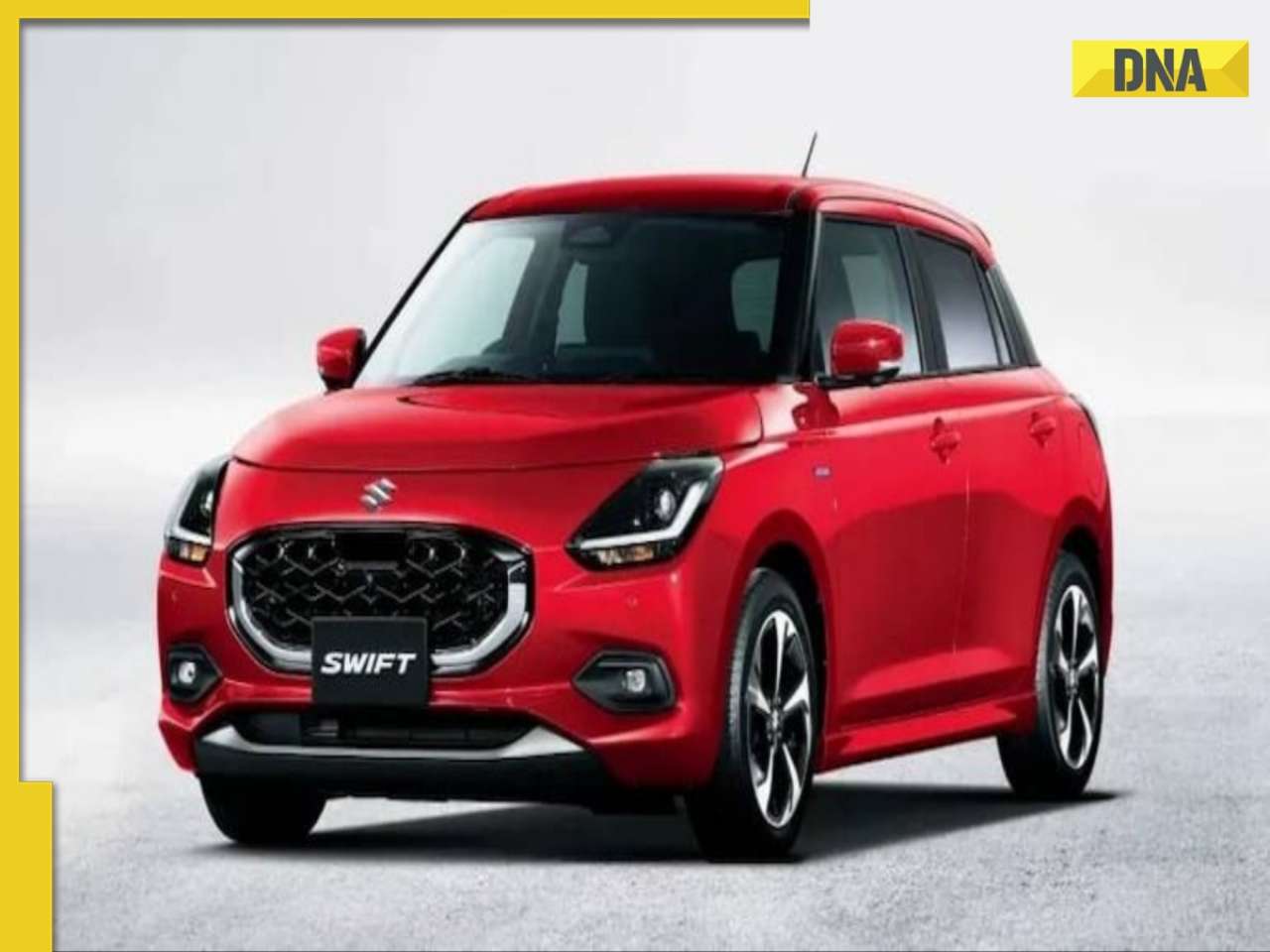






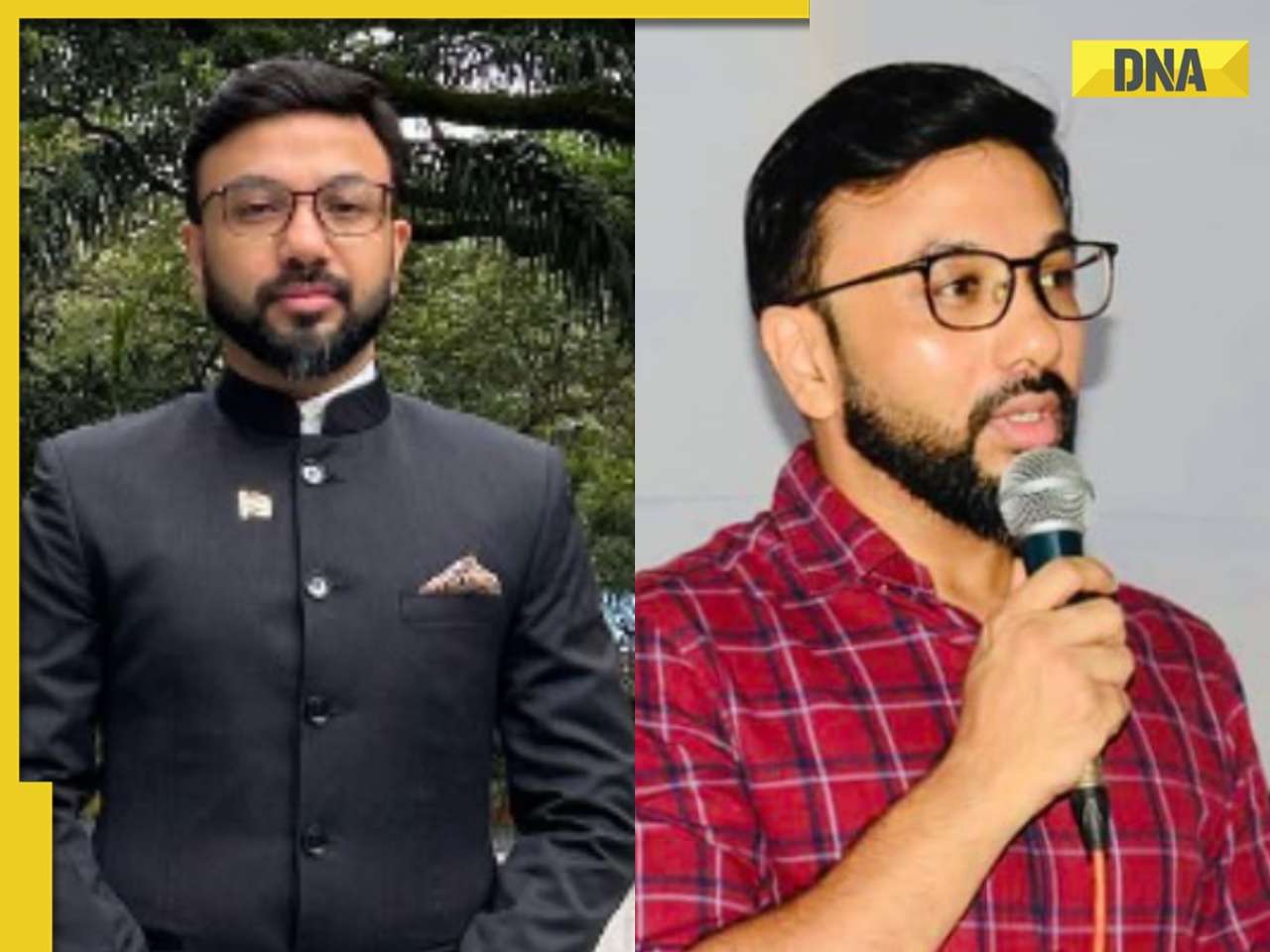

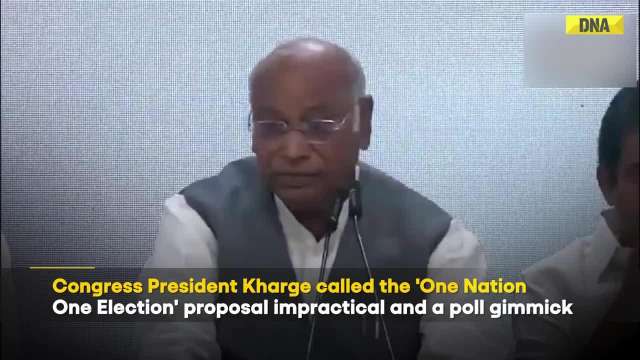
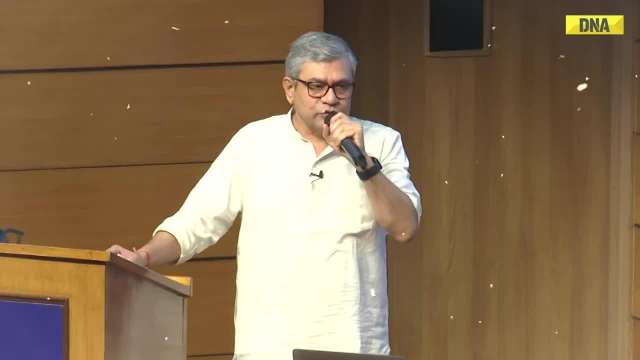
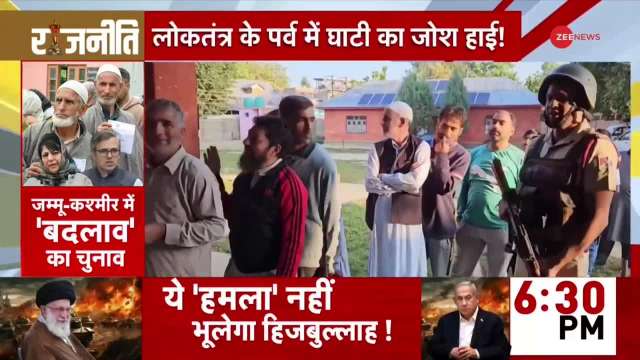
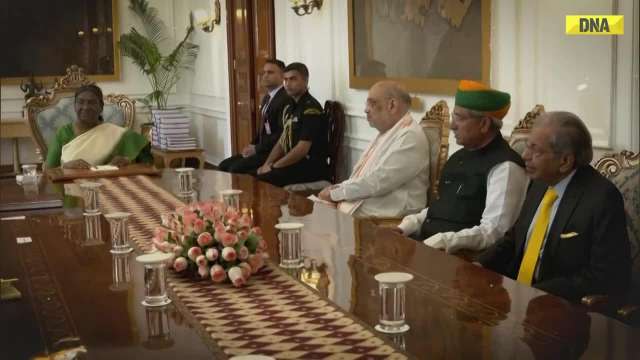

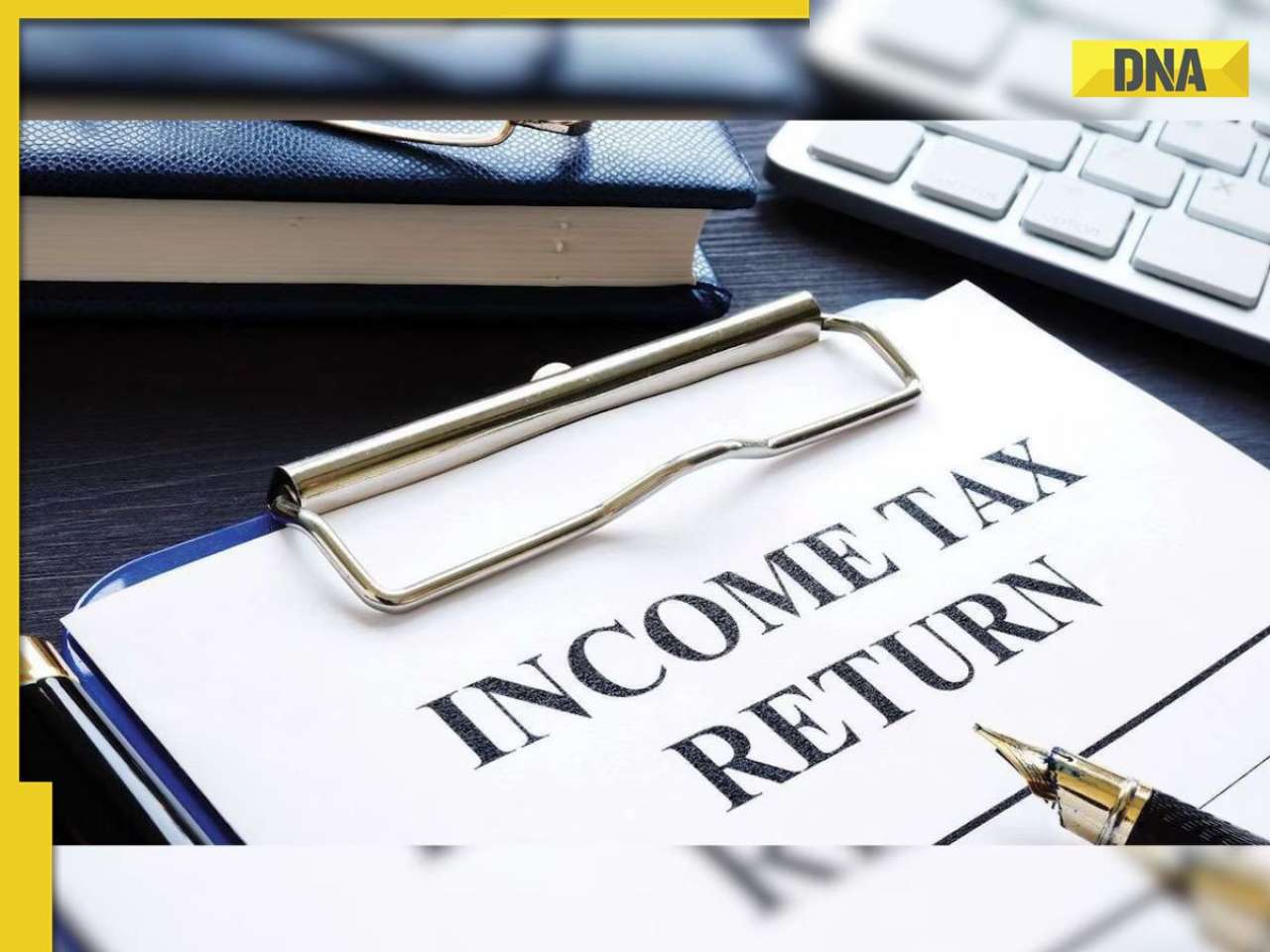
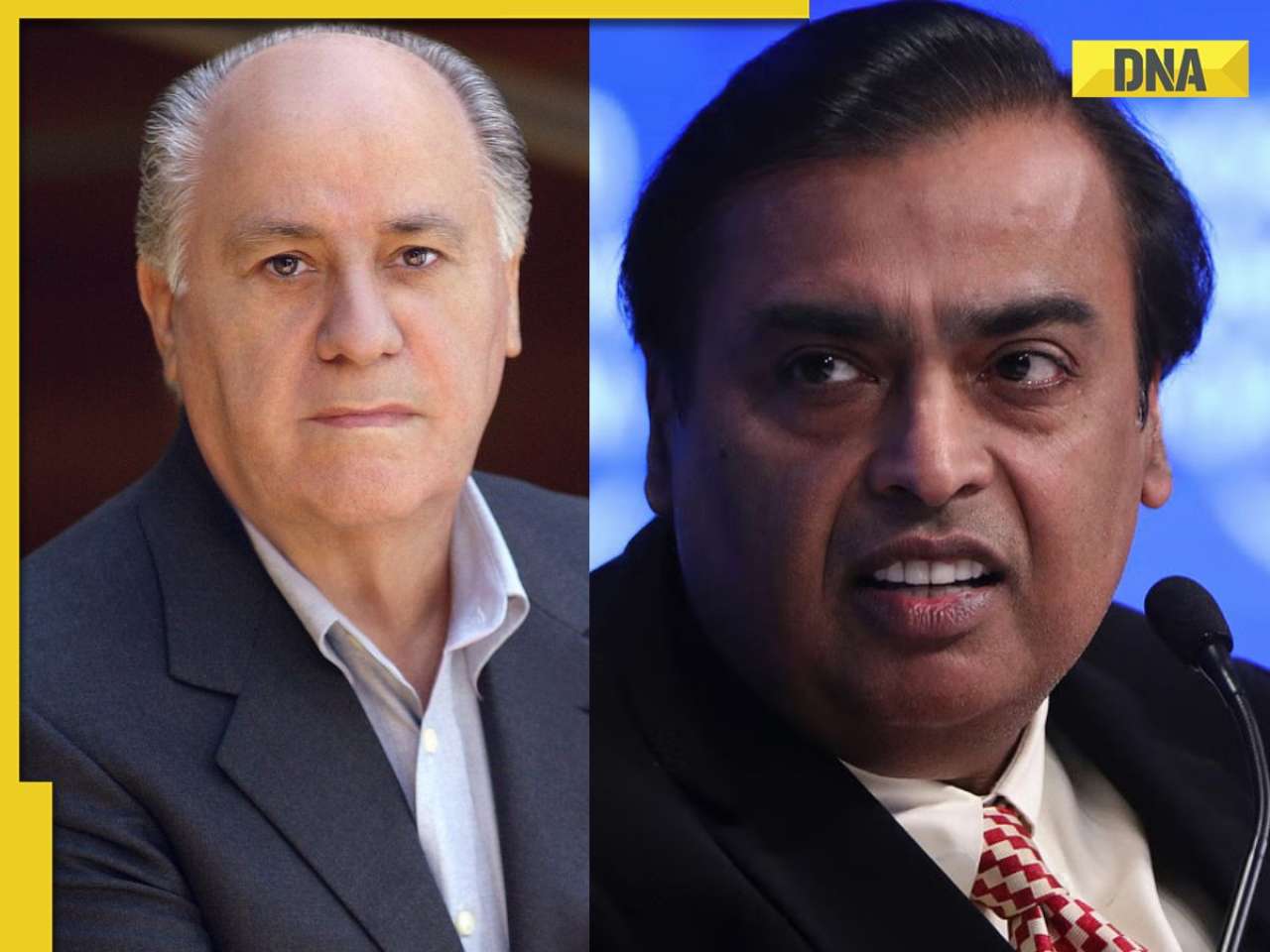





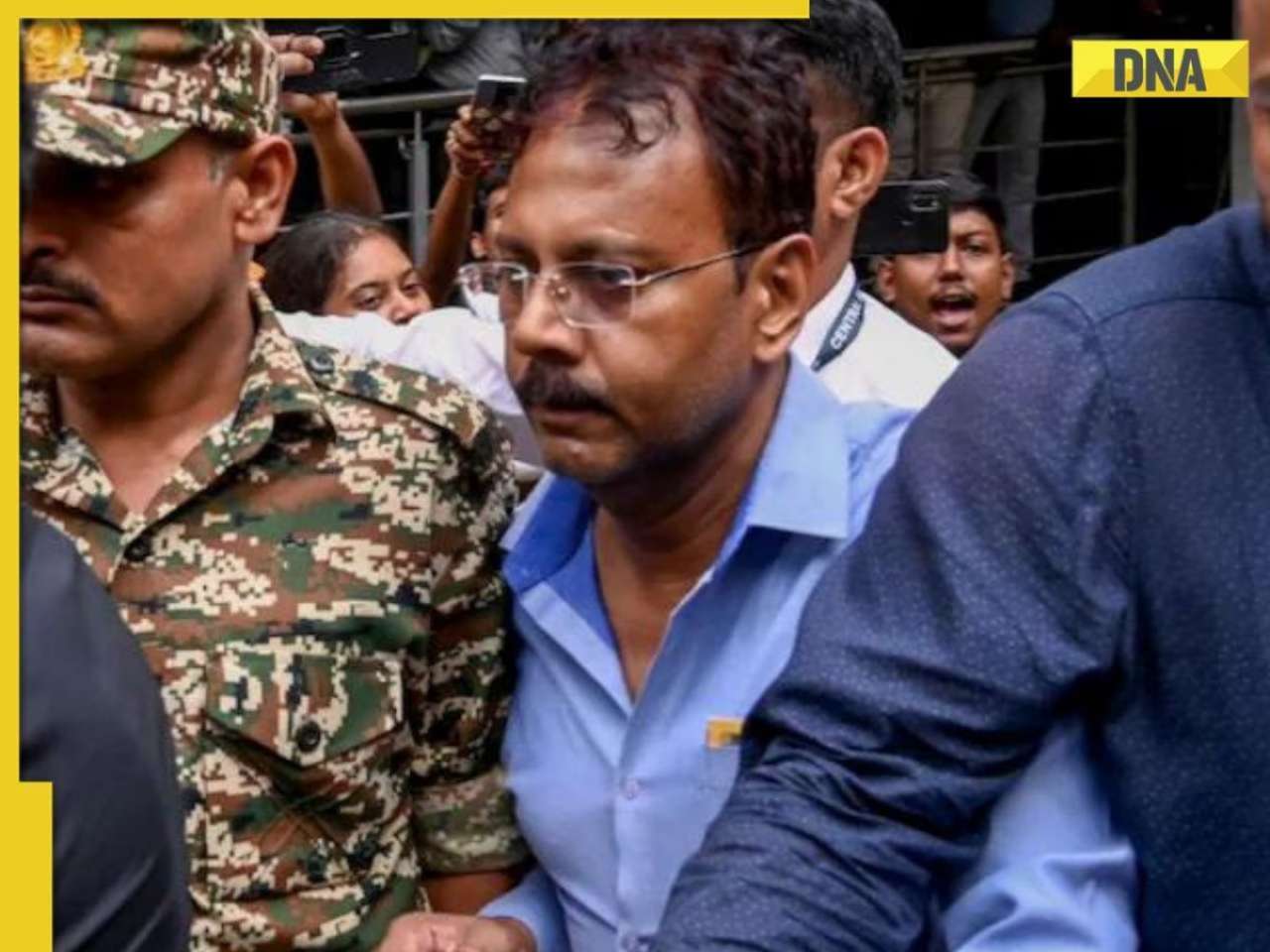
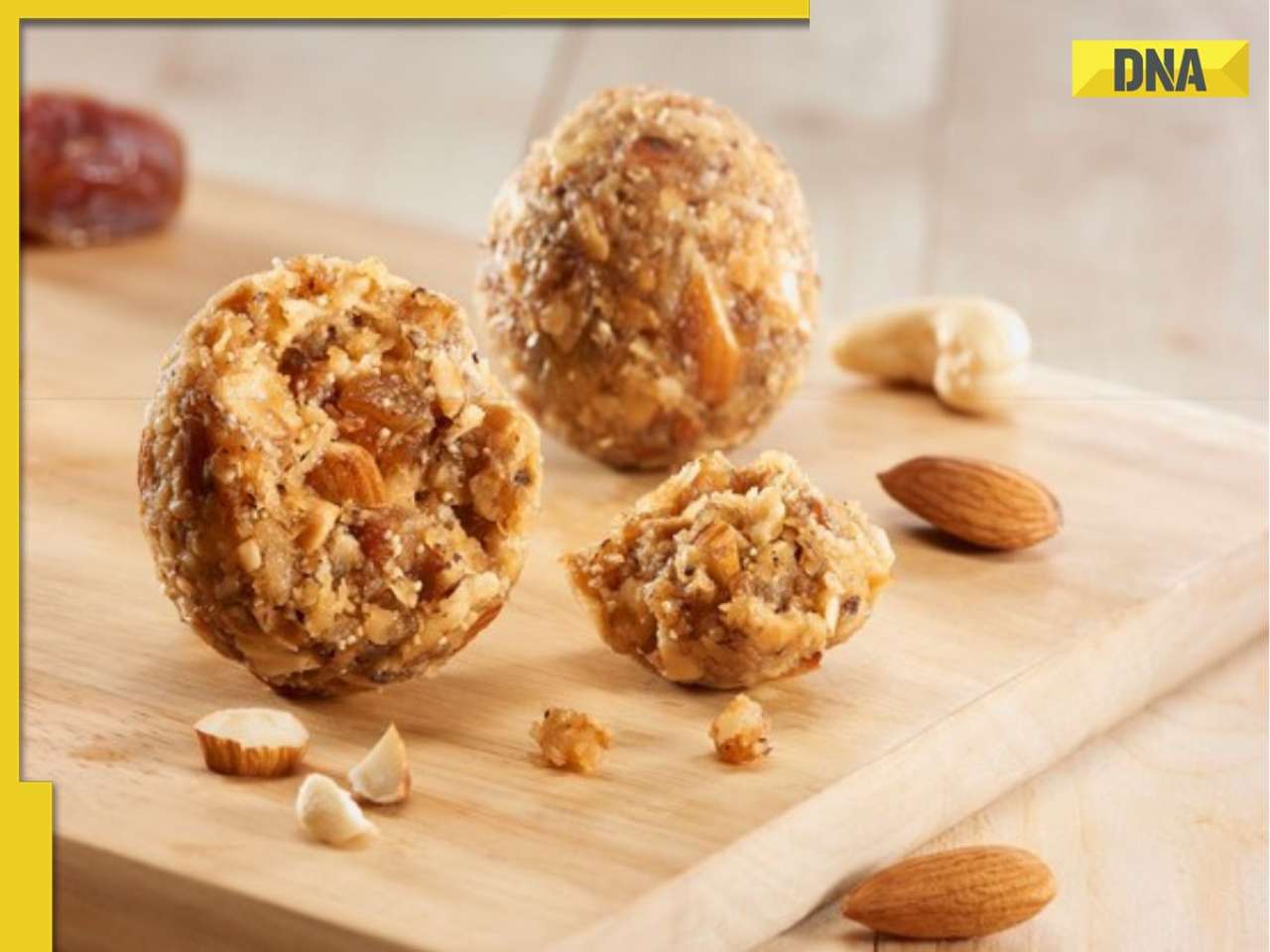
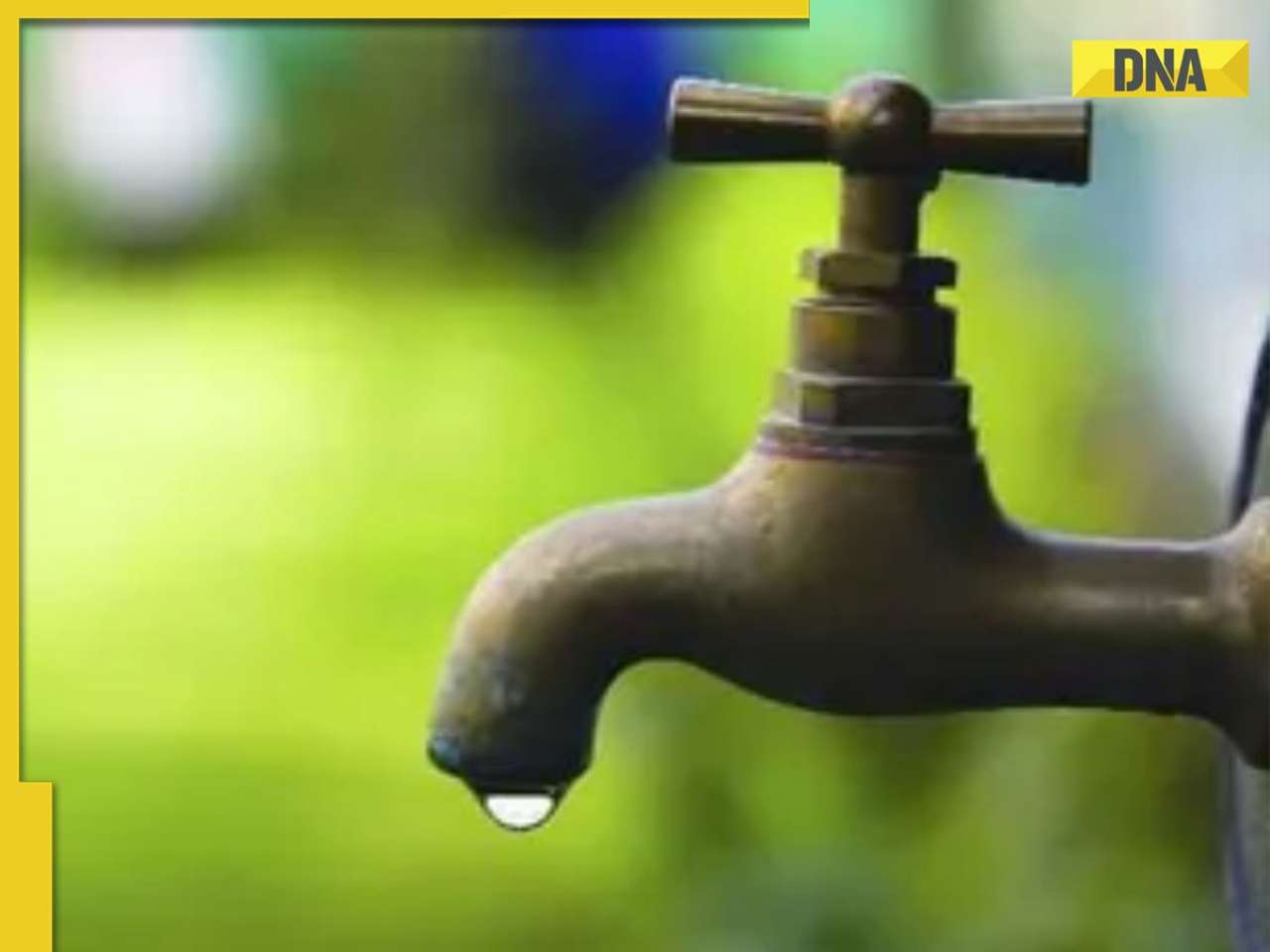
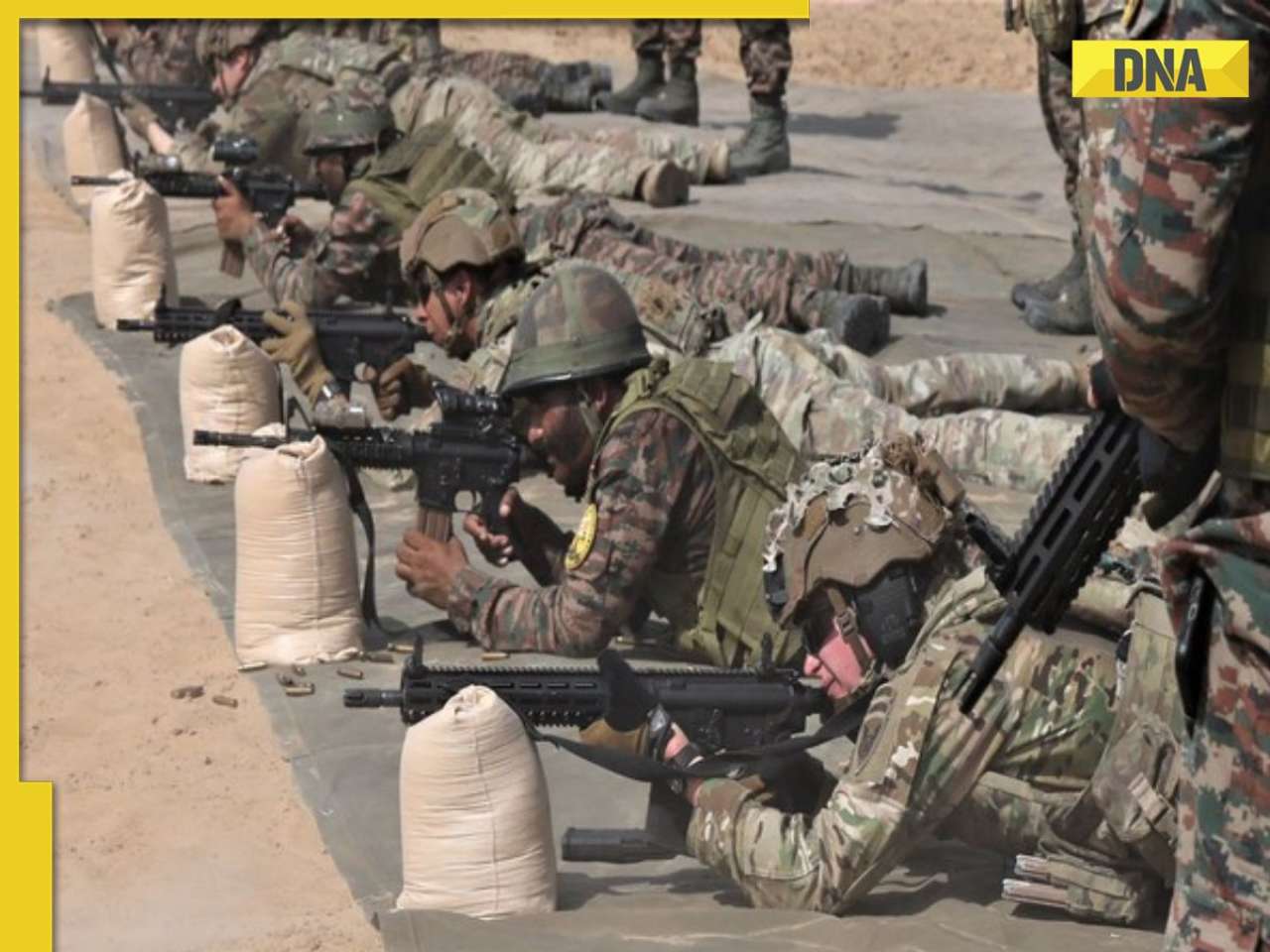







)
)
)
)
)
)